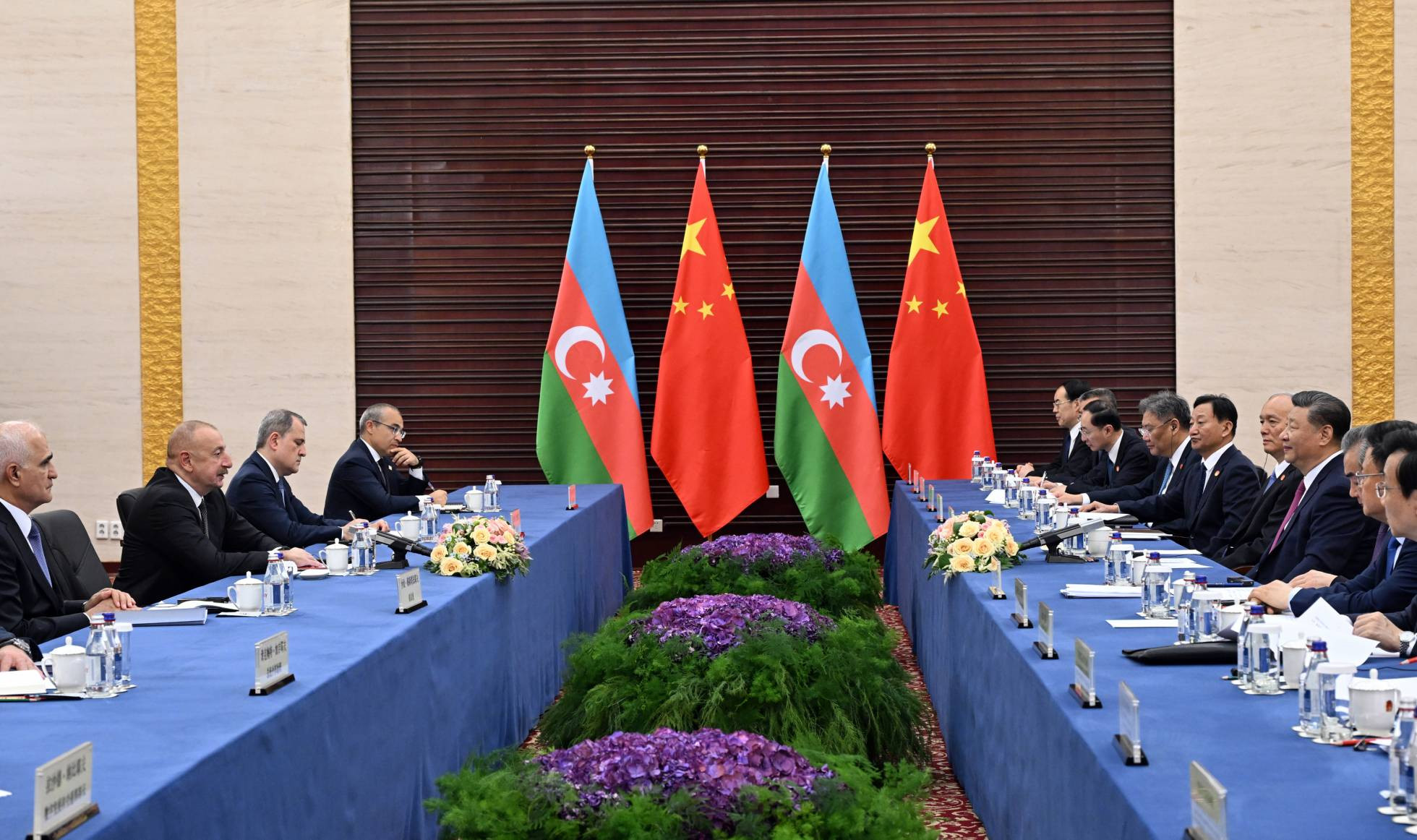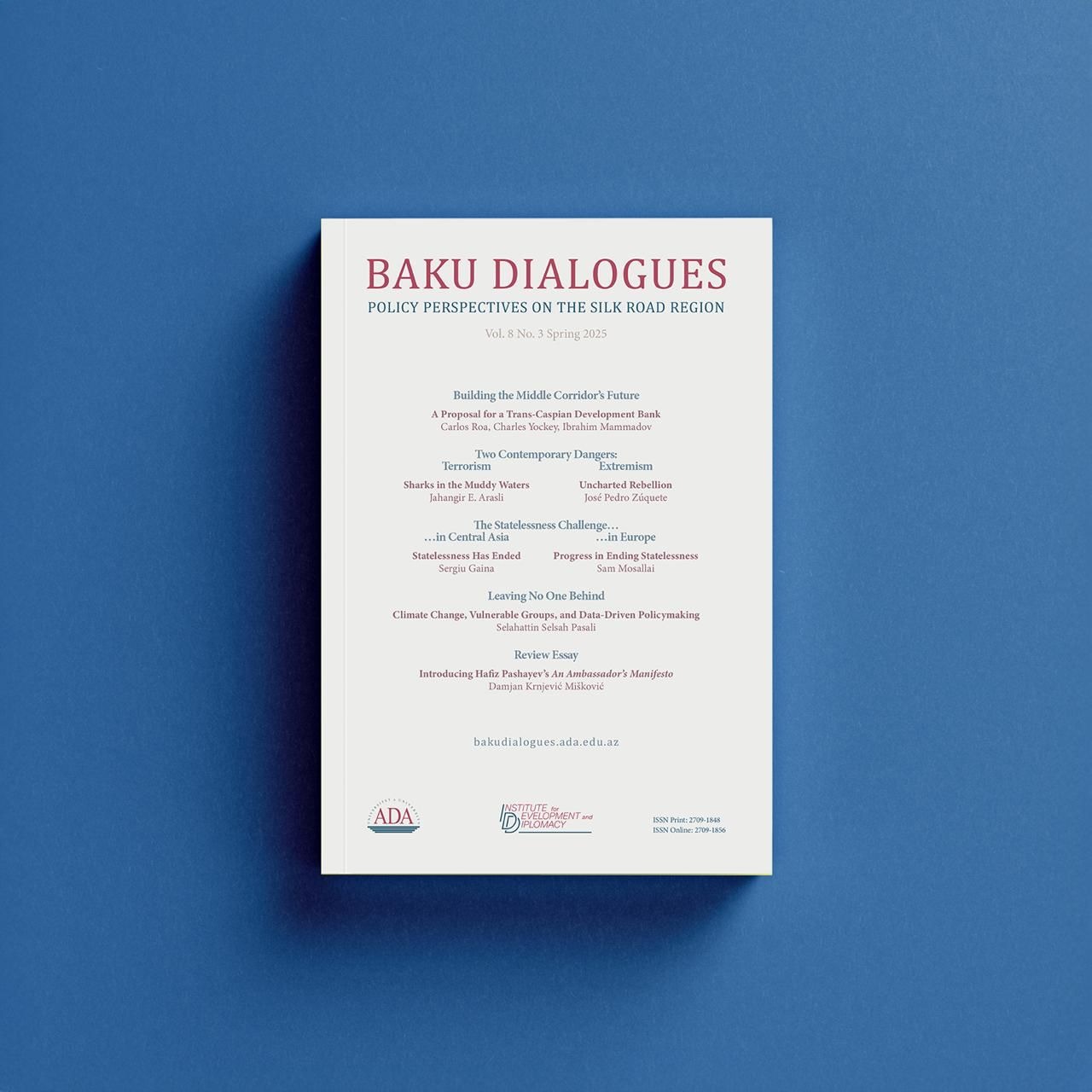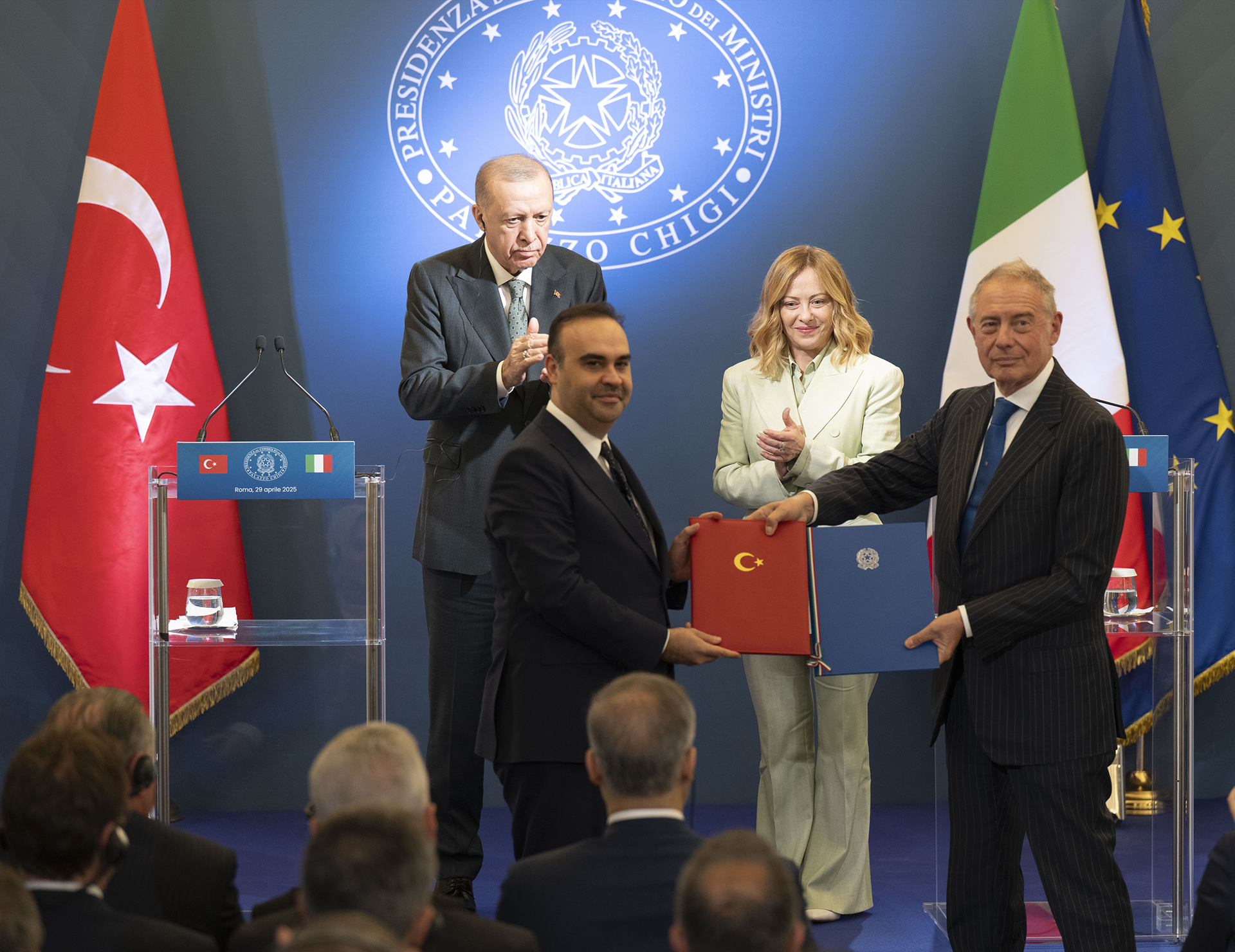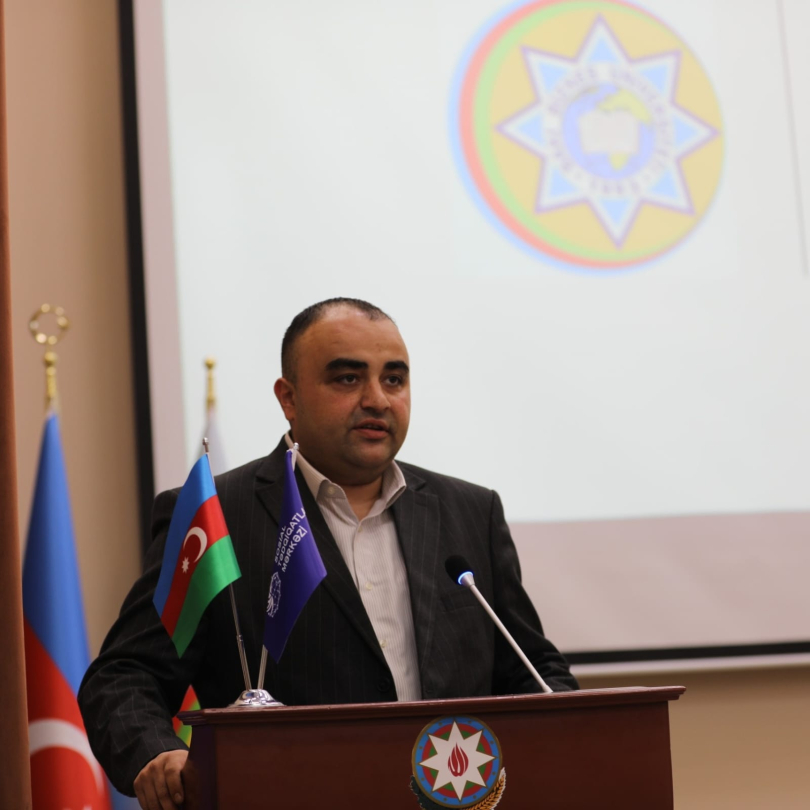Executive Summary:
- Azerbaijan announced its application for BRICS membership on August 20, which has been backed by Russian leaders and emphasizes Azerbaijan’s goal of strengthening ties with China following the China-Azerbaijan joint strategic partnership declaration in July.
- The increased importance of the South Caucasus region and Azerbaijan’s potential membership in BRICS places it in a position to maintain ties with Russia and China while building relations with the West.
- Economic opportunities such as the Middle Corridor and the International North–South Transportation Corridor pursued in conjunction with other BRICS member states would allow Baku to reduce its economic dependency on oil and gas exports.
On August 20, the Ministry of Foreign Affairs of Azerbaijan declared the country had officially applied for membership in BRICS (Apa.az, August 20). BRICS is an intergovernmental cooperation platform that originally comprised Brazil, Russia, India, China, and South Africa, and now includes five new members that include Saudi Arabia, Egypt, Ethiopia, Iran, and the United Arab Emirates. This announcement followed Azerbaijan’s initial declaration of its desire to join the bloc, revealed in the China-Azerbaijan joint declaration on establishing a strategic partnership. This was adopted by the two countries’ leaders on July 3 during the Shanghai Cooperation Organization (SCO) Summit in Astana, Kazakhstan. The declaration highlights Azerbaijan’s intent to join BRICS and emphasizes China’s support for this initiative (President.az, July 3). Azerbaijan’s bid has also been backed by Russia, with the Kremlin expressing support for Baku’s application on several occasions over the past two months (Azertag.az, August 30).
Azerbaijan has joined a list of more than 30 countries seeking membership in the bloc (Report.az, September 18). Most notably for Baku, Türkiye, Azerbaijan’s closest security ally, has also expressed interest in joining (Middle East Eye, September 12). While the declaration of intent is significant in terms of these countries’ foreign policy orientations and merits closer scrutiny, full membership is not expected in the near future. To that point, the agenda for the upcoming BRICS summit, to be held in Kazan, Russia, from October 22–24, does not appear to include this issue. Both Azerbaijani President Ilham Aliyev and Turkish President Recep Tayyip Erdogan, among other leaders, plan to be in attendance for the summit.
“By the overwhelming majority, the ten nations decided to ‘take a pause’ with new members to ‘take in’ the new members who have doubled the association,” said Russia’s Foreign Minister Sergei Lavrov in June (TASS, June 15). According to the agreement among the member states during the summit in Johannesburg, South Africa in 2023, the bloc is establishing a new category of “partner states.” Russian Deputy Foreign Minister Sergey Ryabkov mentioned this in the context of Azerbaijan’s application, implying that Baku would receive “partner state” status in the near future, with full membership coming at a future point (Azertag.az, August 30).
Several reasons can explain Azerbaijan’s decision to apply for BRICS membership. Above all, this move is undoubtedly related to the intensification of geopolitical rivalries in the region. Azerbaijan’s location holds critical geopolitical importance for global powers—an asset if managed effectively, but one that could also turn the country into a battlefield for great powers. The United States has made it clear that it expects Azerbaijan to support Western initiatives to reduce the dependency of the Central Asian states on Russia and China by providing an alternative transportation passage along its territory and through the Zangezur corridor (see EDM, July 9). Azerbaijan, traditionally an advocate of balancing between powerful countries and pursuing multilateralism, is somewhat reluctant to play this role against two world powers.
Nevertheless, Azerbaijan does not see its BRICS choice as a departure from cooperation with the West. “Close partners of the United States, like India and the United Arab Emirates, are members of this bloc, which clearly shows that BRICS is not strictly an anti-Western, but more a movement that promotes multilateralism in international relations,” said Farid Shafiyev, Chairman of the Center of Analysis of International Relations (AIR Center), a Baku-based political think-tank founded by the government of Azerbaijan (Author’s interview, October 11). According to Mahur Gasimov, head of the Department of Analysis and Strategic Research at Azerbaijan’s Foreign Ministry, BRICS’ principles of multilateralism and inclusiveness align with Azerbaijan’s overall foreign policy objectives (Aircenter.az, April 8).
If admitted as a full member, Azerbaijan’s position may align more with that of India, which rejects the attempt of Russia and China to transform BRICS into an anti-Western bloc (The Indian Express, September 22, 2023). This position is also affected by Azerbaijan’s economic interests. While BRICS members constitute around 20 percent of Azerbaijan’s total trade turnover, Western countries, including Israel and Türkiye, make up approximately 80 percent (Azernews.az, August 24).
Improved economic ties with major states offer another benefit that Baku hopes to receive from BRICS membership. It is estimated that BRICS+, the informal name given to the organization after the admission of Egypt, Ethiopia, Iran, and the United Arab Emirates, now represents 37.3 percent of the global GDP—more than double that of the European Union, which stands at 14.5 percent (Europarl.europa.eu, March 15). This makes the organization an attractive economic center for developing countries.
Azerbaijani experts believe that the country’s participation within this bloc would enhance the country’s trade relations with other member states and draw more external investment to Azerbaijan (Bakuresearchinstitute.org, September 9). Located on the crossroads of major transportation routes—including the International North-South Transportation Corridor (INSTC) and the Middle Corridor—closer cooperation with BRICS is expected to contribute to Azerbaijan’s economic objectives, particularly the country’s efforts to alleviate its dependency on oil and gas revenues. Likewise, Baku hopes to benefit from investments by the New Development Bank, BRICS’ multilateral development bank (Turan.az, July 5; Azernews.az, August 24; Bakuresearchinstitute.org, September 9).
Azerbaijan’s application for BRICS membership marks a strategic move aimed at bolstering its geopolitical standing and economic ties within a rapidly growing bloc. While full membership may not immediately be on the horizon, Azerbaijan’s interest in BRICS aligns with its broader goals of maintaining a multi-vector foreign policy amid intensifying global rivalries.
https://jamestown.org/program/azerbaijan-applies-for-brics-membership/





